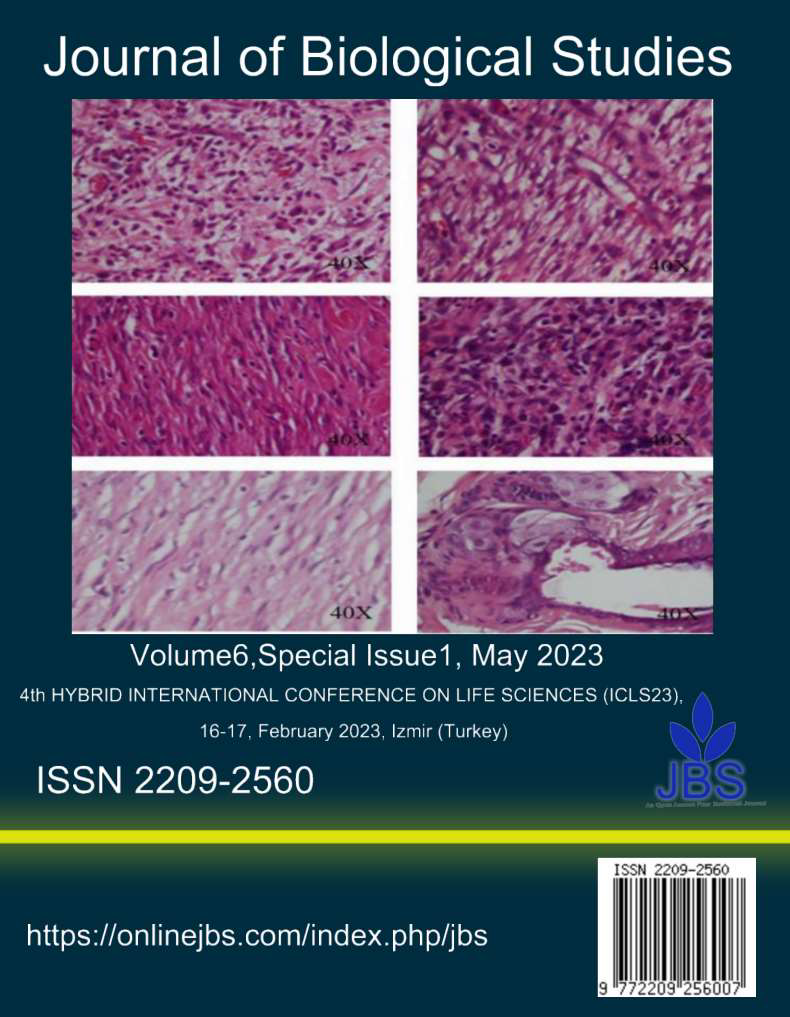Effect of IL6 on the cancer-associated cachexia: a mini review
Main Article Content
Abstract
More than 20% of tumor patients die because of cancer-associated cachexia (CAC) which is considered a multifactorial syndrome that is characterized by loss of weight, adipose tissue, and skeletal muscle, as well as anemia, accompanied by systemic inflammation. CAC is associated with various agents including cytokines. IL-6 is one of the major proinflammatory and pleiotropic cytokines produced by several cell types which induces and blocks diverse signaling pathways related to cancers and their disorders. For instance, tumor-secreted IL6 is the main cytokine that dilapidated the adipocyte in CAC. IL-6 also plays an essential role in skeletal muscle loss. The involvement of IL-6 in cancer progression and metastasis emerges the hypothesis of its role as a prognostic factor or a treatment agent in CAC. So, with regard to the importance of CAC and its high incidence, it seems that a comprehensive study on the role and mechanism of action of IL-6 in CAC can fill the scientific gap in death resulting from CAC.
Article Details

This work is licensed under a Creative Commons Attribution 4.0 International License.
